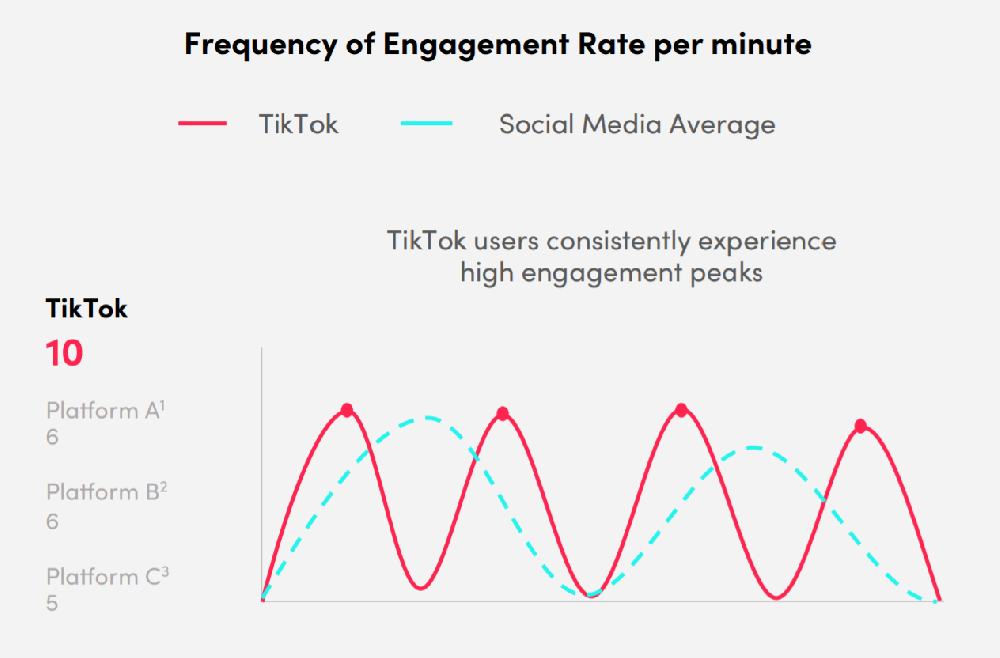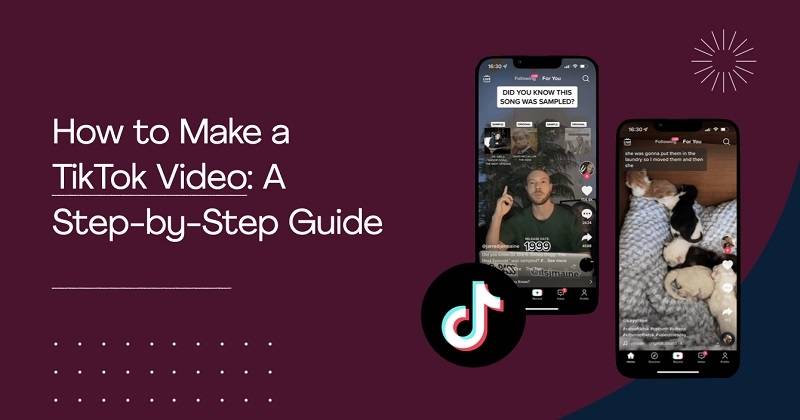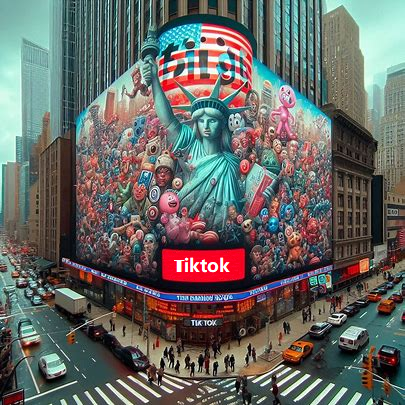Google recently quietly launched a new feature in its Chrome browser: AI-generated merchant review summaries. This feature is designed to help consumers quickly access the overall reputation of a brand or merchant when visiting a website, further optimizing their shopping experience.
This is not only another reconstruction of the e-commerce scenario by Google driven by AI, but also means that brand reputation management has entered a new "browser-level" stage.
How to cope with the impact of AI-summarized reviews? In this article, we will explain in detail how this feature works, the changes in user experience, and the brand's reputation management and review operation strategies in this new era.

What is Google's AI review summary feature?
Google recently added a new, useful feature to its Chrome browser: AI-generated summaries of business reviews. When visiting a business's website, users can click the info icon to the left of the address bar to open a drop-down window that provides an overview of the business's reviews across multiple platforms, along with AI-generated summaries of key reviews.
The official statement is:
"Google will scrape store ratings and content from trusted third-party review sites (such as Trustpilot, SiteJabber, etc.) and Google's own user reviews. The AI does not fabricate reviews on its own, but simply condenses real reviews into a single, easy-to-read summary."
This summary is generated by Google by aggregating review content from multiple platforms, including:
Google User Reviews
Third-party review aggregation sites (such as Trustpilot, Yelp, etc.)
The merchant's overall star rating
Currently, this feature is only available on the desktop Chrome browser and is not yet available on mobile devices.
What impacts does this feature bring?
For consumers
In the past, to understand a merchant's reputation, users needed to:
Search for brand keywords + "reviews"
Open multiple websites and compare them repeatedly
Rely on subjective judgment to distinguish true and false positives
Now, with just one click, you can directly access an AI-generated summary of real reviews from multiple platforms on the page. This is an iteration of the user trust mechanism, greatly reducing the time cost of purchasing decisions.
For Brands
The immediate impact of the new feature is that users can know what others really think of you without leaving your website.
This means:
Even if traffic is successfully directed to the official website, the brand image may still be judged by the "historical reputation summarized by AI";
Positive comments will be amplified, and negative comments may also become the focus of the summary;
It is no longer just an SEO optimization issue, but a question of "how comment content is interpreted by AI".
Practical tutorial: How should merchants respond and optimize?
1. Actively optimize Google review strategy
Encourage real customers to leave Google reviews
Automatically trigger comment invitations via email/SMS/official account.
Provide introductory words: such as "If you are satisfied with our service, please click here to leave a comment."
Maintain a high-quality customer service experience
The AI summary emphasizes the "overall experience after the order is completed."
Quick response, simple processes, and reasonable after-sales service are all long-term rewards.
2. Monitor your AI summary display content
Although we cannot directly edit the AI summary at present, we can regularly check the summary content of our official website in Chrome:
Check for misleading summaries;
Identify whether negative keywords are over-amplified;
Provide customer support and process optimization to address the root causes of negative reviews.
3. Addressing the risks of review manipulation and misinterpretation
The AI summary will not be easily influenced by the fake orders of "water army", and emphasizes the trend and density of long-term evaluation.
therefore:
It is not recommended to follow the old path of "brushing up good reviews";
A more effective way is to regularly publish real content such as positive user cases/video reviews/KOC reviews, etc., to indirectly increase the user's active comment rate.
Marketing insights: What user behaviors will this change?
1. "Comments are advertisements" becomes a reality
From SEO to ASO, and then to "AI content indexing", comments are no longer just a reference, but an important material for brand display.
2. Optimizing your website content alone is no longer enough
AI doesn't look at your website copy, it only looks at the comments and feedback. This will give rise to a wave of "brand review content operations" and may even create new service positions.
3. Encourage brands to focus on the "post-link experience"
Google emphasized that the AI summary is mainly based on the user's "post-fulfillment" experience, such as after-sales service, logistics, and service attitude. Therefore, it is not what you say is good, but what you do that will be recognized by the AI.
What does this mean for the future of marketing?
Google's move is not only to improve user experience, but also to strengthen the position of its search engine in the shopping chain and defend against threats from platforms such as TikTok, Temu, and Amazon.
For brands, this could mean:
AI word-of-mouth summary = a new entry point for brand first impressions
Comments have become an investment point with a higher ROI than advertising
Website optimization ≠ content update, but comment improvement
Summary
Google has added AI Summaries of Business Reviews to its Chrome browser. This is a new tool for users to quickly judge a store's reputation before making a purchase. For businesses, it means:
The quality of review content has become a new search visual asset, influencing user conversion decisions;
Brand reputation management is no longer limited to Google Maps or search results pages, but is directly embedded in the URL bar, visible to users at any time;
SEO strategies should not only focus on page content and external link optimization, but also on ratings, replies, and handling of negative word-of-mouth on third-party review platforms.
If AI summaries are used by more users, they will become a key factor affecting click-through rate, dwell time and even conversion rate, just like the previous Google store ratings (Seller Ratings).
Do you think AI review summaries will change your shopping habits? If you're a business owner, is this new feature beneficial or stressful for you?



